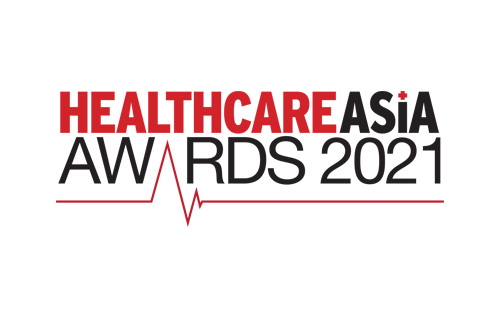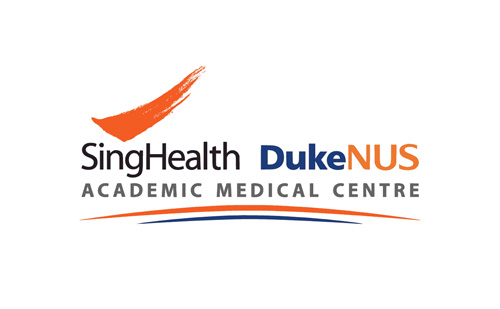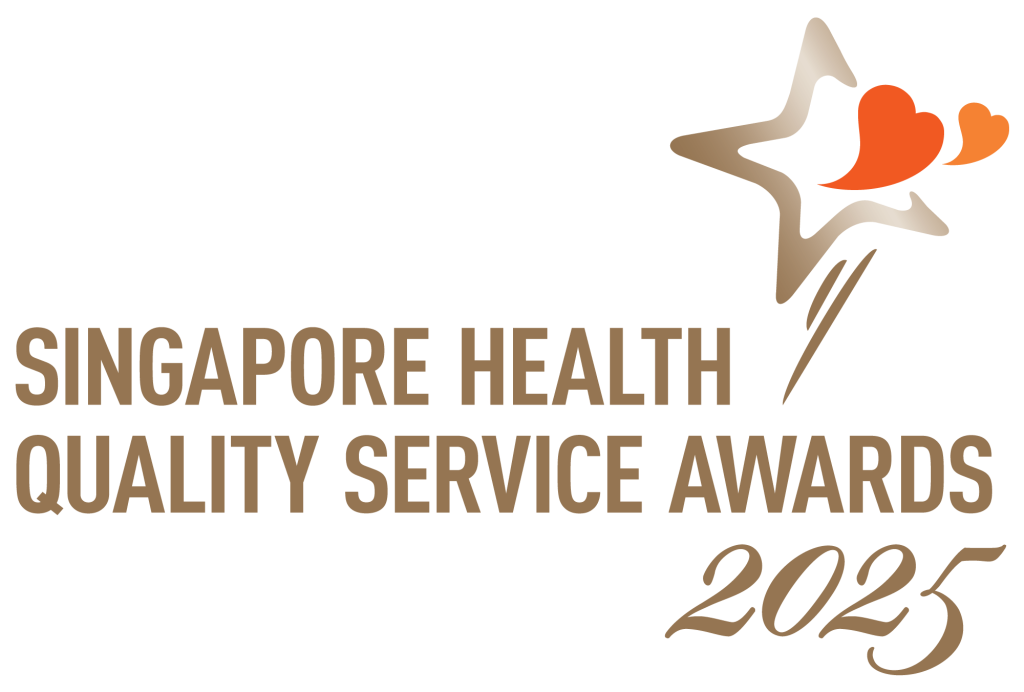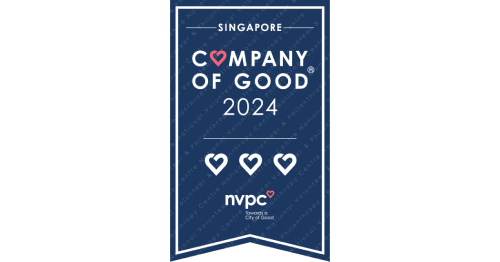The Human metapneumovirus (HMPV) is a virus belonging to the Pneumoviridae family. It has an incubation period of 3-6 days and is most active during the late winter and spring seasons in temperate climates.
Symptoms commonly associated with HMPV include cough, fever, nasal congestion, and shortness of breath. Symptoms may progress to bronchitis or pneumonia, similar to other respiratory viruses. Those at higher risk of severe infections include young children, adults aged over 65 and people who are immunocompromised.
HMPV spreads through the following routes:
- Respiratory droplets from coughing and sneezing
- Close personal contact, such as touching or shaking hands
- Direct contact with objects or surfaces that have the viruses on them then touching the mouth, nose, or eyes
To date, there is no specific antiviral therapy for HMPV and no vaccine to prevent it. Medical care is supportive. Infected patients should rest and hydrate adequately. They are usually also given medications to mitigate their symptoms.
- Global Situation
There has been international interest in the increase of respiratory virus transmission in China, particularly HMPV. The Chinese Centre for Disease Control and Prevention (CDC) has reported a sharp increase in such infections in northern China since December 2024.
Nevertheless, the World Health Organisation (WHO) have analysed that this surge within the expected range for the winter season with no unusual outbreak patterns reported.
- Situation in Singapore
There has been international interest in the increase of respiratory virus transmission in China, particularly HMPV. The Chinese Centre for Disease Control and Prevention (CDC) has reported a sharp increase in such infections in northern China since December 2024.
Nevertheless, the World Health Organisation (WHO) have analysed that this surge within the expected range for the winter season with no unusual outbreak patterns reported.
There has been a surge of respiratory infections including HMPV in Northern Hemisphere countries, but the current trend is consistent with previous seasonal patterns.
You are encouraged to:
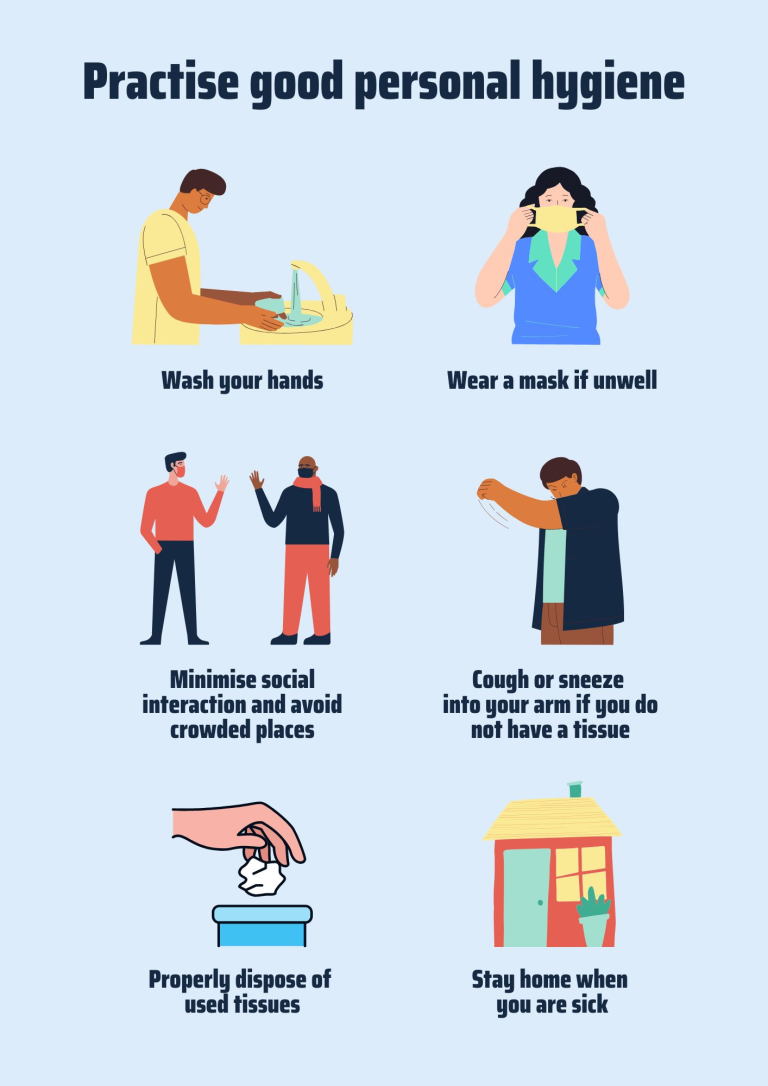
Those with mild ARI symptoms should stay at home until their symptoms resolve. If there is a need to go out, they should exercise social responsibility by minimising social interaction, wearing masks and avoiding crowded places.
The Singapore healthcare system remains vigilant for any further evolution of the situation and the public will be updated as the situation warrants.






